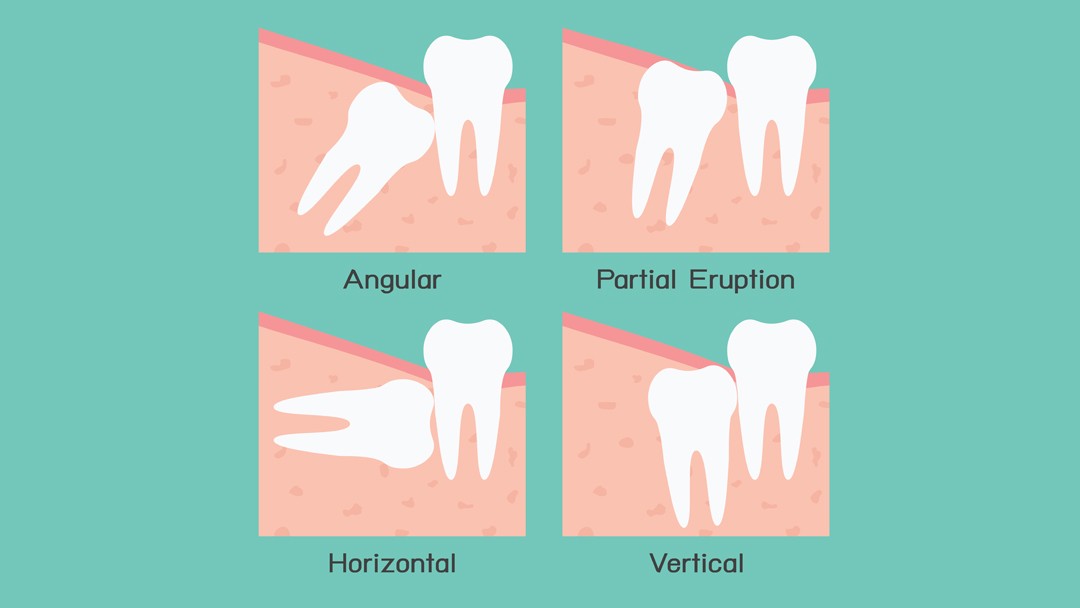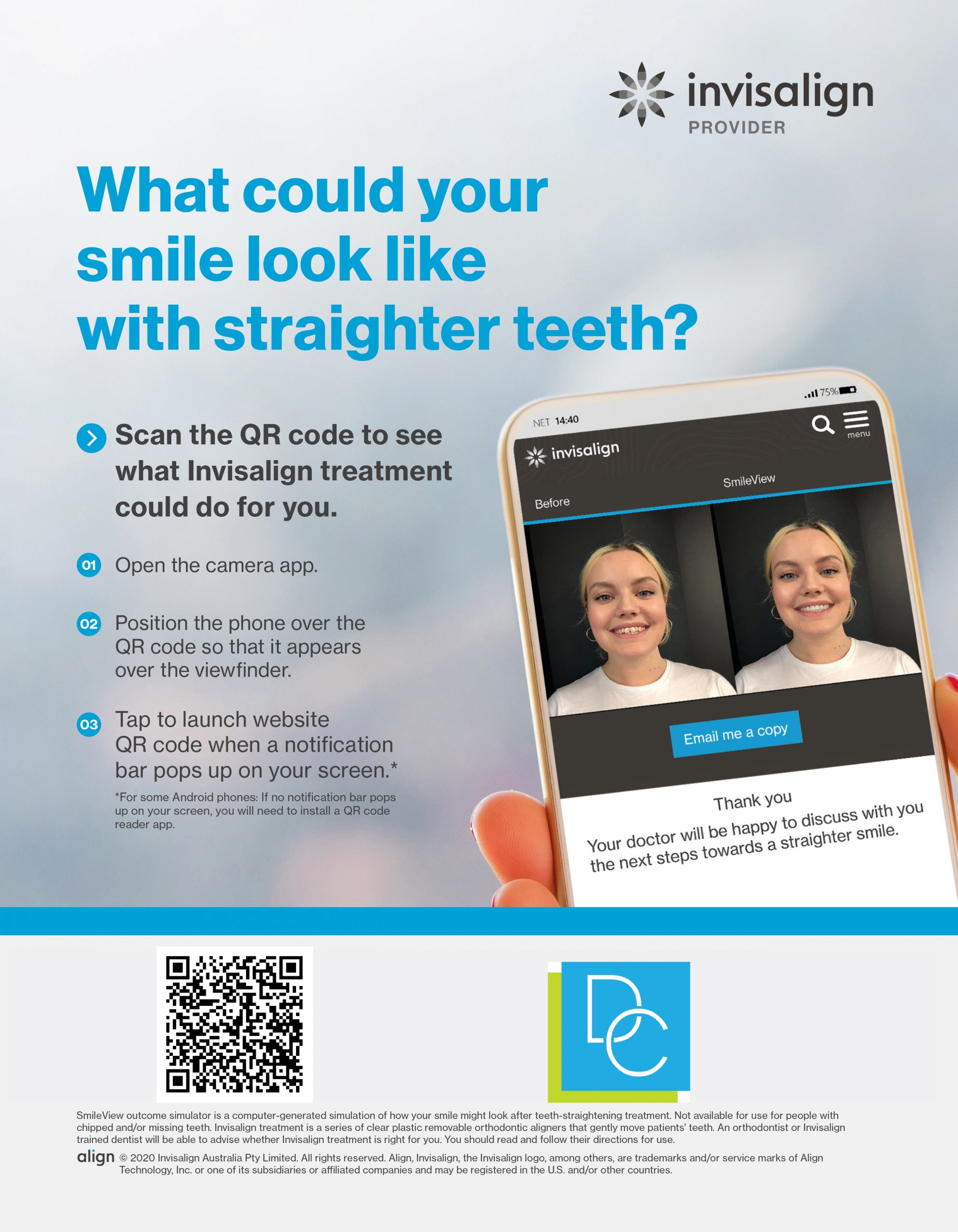- December 2023
- April 2022
- March 2022
- February 2022
- January 2022
- November 2021
- October 2021
- September 2021
- August 2021
- July 2021
- January 2021
- December 2020
- November 2020
- October 2020
- September 2020
- August 2020
- July 2020
- June 2020
- May 2020
- April 2020
- March 2020
- February 2020
- January 2020
- December 2019
- August 2019
- July 2019
- June 2019
- May 2019
- April 2019
- March 2019
- February 2019
- January 2019
- December 2018
- November 2018
- October 2018
- September 2018
- August 2018
- July 2018
- May 2018
- April 2018
- March 2018
- February 2018
- January 2018
- November 2017
- October 2017
- September 2017
- August 2017
- July 2017
- June 2017
- April 2017
- March 2017
- January 2017
- October 2016
- October 2015
- September 2015
- August 2015
Know the Warning Signs of Impacted Wisdom Teeth
13 November,2017Many of us have gotten into a routine with our dentist. Our twice-yearly check-ups make it easy to address relatively common issues, such as aches or cavities. But sometimes the issue can be a bit more serious than we thought.
It’s important to know the warning signals of more pressing dental concerns, as it may be an indicator into the seriousness of the issue. We are talking you through the 3 major warning signals for impacted wisdom teeth.
1. Noticeable Pain
The pain associated with an impacted wisdom tooth is far different than other dental pains. It is the most common sign that your wisdom tooth may be stuck, and can radiate into other areas of the mouth. It is usually caused by the wisdom teeth pushing the other teeth slightly, irritating the nerve endings within the gums. The pain is usually generated from the back of the mouth, but can radiate outwards if not treated.
2. Swelling in the Jaw
Impacted wisdom teeth can cause swelling in areas around the jaw, such as under the chin and underneath our ears at the jaw ending. Tenderness in the area is one of the major warning signals that you could have impacted wisdom teeth. Seek a professional opinion if you notice swelling of any kind, but particularly if it is also associated with pain, or our next warning signal.
3. Swollen/ Bleeding Gums
Wisdom teeth that have become impacted can affect the gums heavily, causing them to swell and bleed. The movement of the wisdom teeth can cause tenderness around other teeth in the mouth. Any sign of gum swelling or bleeding should be discussed with a dentist.
If you believe you have impacted wisdom teeth, you need to address it with a professional. When left for an extended period of time, impacted wisdom teeth can cause teeth to shift so much that the overall look, structure and development of other teeth can be affected. Not only this, but impacted wisdom teeth can cause gum disease, tooth decay and cyst growth, which when left could cause nerve damage.
For those that are experiencing any of the above symptoms, temporary pain relief is fine to use, however, you should consult a dental professional that can address and combat any pain felt. Not only will they assess the area, but they will come up with a plan for treatment that will eliminate the problems you’re having.


